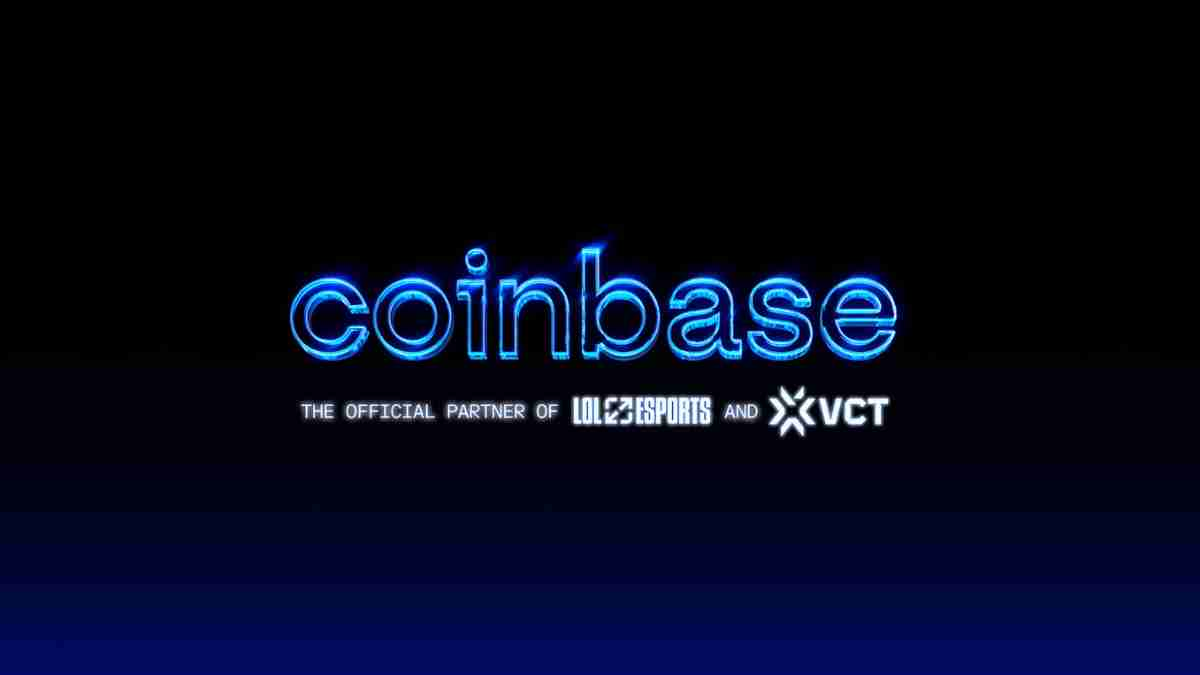Riot Games and Coinbase are now officially working together, but not in the way most would expect. Despite Coinbase becoming the blockchain sponsor for Riot’s competitive titles, League of Legends and Valorant aren’t suddenly pivoting into Web3 territory. Instead, this partnership is about esports. More specifically, it’s a behind-the-scenes sponsorship deal that positions Coinbase within Riot’s global tournament ecosystem. The games themselves? Still completely Web2.
What the Coinbase and Riot Deal Actually Means
This isn’t about NFTs, crypto wallets, or token drops inside League or Valorant. The partnership is squarely focused on Riot’s esports productions. Coinbase is now a featured sponsor across broadcasts, likely to be integrated into content, event branding, and other marketing assets during major tournaments.
It’s not the first time Riot has teamed up with a major tech brand. They’ve previously worked with the likes of Spotify and Mercedes-Benz. Coinbase’s role is similar — a promotional presence, not a gameplay feature. So far, there are no blockchain mechanics planned for either game. Players won’t be interacting with tokens, marketplaces, or wallets anytime soon.
Riot Stays Cautious on Web3 Integration
Riot has been clear that blockchain features are off the table, at least for now. Both League and Valorant are tightly curated experiences, and introducing crypto mechanics could risk player backlash or gameplay imbalance.
This conservative approach is pretty consistent with how Riot operates. The studio tends to wait and observe before adopting new tech trends, especially ones that stir up as much debate as blockchain. Even as the partnership deepens around esports, there’s no sign Riot is planning to experiment with NFTs or tokenized cosmetics in-game.
Why This Matters for Esports, Not Players
For fans watching the LCS or VCT, this deal may not change much visibly — other than seeing Coinbase logos more often. But on the business side, it’s a notable sign of how blockchain firms are still trying to attach themselves to traditional gaming brands.
Esports partnerships like this give companies like Coinbase a foothold in a highly engaged audience without needing to build a game or platform of their own. It’s brand alignment, not product integration. What remains to be seen is whether this kind of sponsorship evolves into anything more functional. For now, it’s a clear signal that Riot is open to Web3 companies — but only at arm’s length.
The Broader Picture: Web3 and Mainstream Gaming
This partnership fits into a broader trend where crypto firms are targeting visibility in gaming spaces, but not necessarily through gameplay. With major developers still wary of blockchain backlash, most integrations are happening in the periphery — sponsorships, partnerships, infrastructure. As for players, most probably won’t even notice the change. And that seems to be the point. Riot is allowing Web3 to sit in the background, not the foreground, of its biggest competitive titles.
Web3 Analyst & Play Blockchain Games Guide
CryptoKit breaks down Web3 gaming like it’s second nature. From tokenomics to airdrop strategies, she turns blockchain chaos into clear, actionable advice for players who want to win more than XP.



